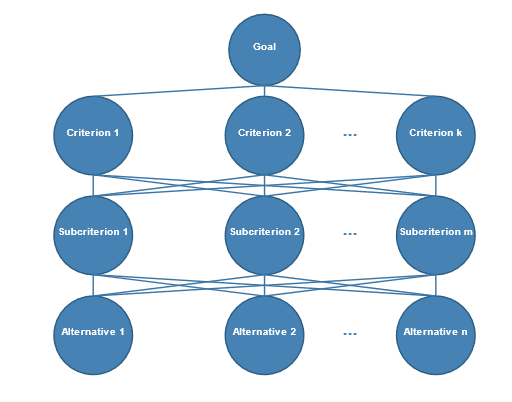Examining the causes of ineffectiveness in the legislative process of law in Ecuador using the Neutrosophic Analytic Hierarchy Process
Keywords:
Legislative ineffectiveness, technical-legal, politicization, planning, citizen participation, Analytic Hierarchy Process (AHP), Neutrosophic Analytic Hierarchy Process (NAHP)Abstract
This study addresses legislative inefficiency in Ecuador, which results in laws with poor technical quality and low legitimacy. Its goal is to assess and rank the factors causing this inefficiency—a key step toward improving the legal system and governance. The issue is critical because ineffective lawmaking erodes public trust and hinders national development. Unlike previous studies, this research applies an innovative approach: neutrosophic logic and the Analytic Hierarchy Process (NAHP) to handle uncertainty in complex political contexts. Through surveys of 4 constitutional law experts, 7 key factors were identified. The top causes were technical-legal deficiencies (33.65%) and excessive politicization (28.52%), together accounting for approximately 62% of legislative inefficiency. Findings show these factors interact, worsening ineffective lawmaking. The study contributes to the literature with a novel methodology for evaluating legislative systems and provides policy recommendations for Ecuador, such as enhanced technical advisory and depoliticized debates, to strengthen normative quality and legitimacy. This approach is particularly relevant in a context where political stability and institutional trust are urgent priorities. By addressing these inefficiencies, Ecuador can foster more effective governance and better serve its citizens' needs.
Downloads

Downloads
Published
License
Copyright (c) 2025 Neutrosophic Sets and Systems

This work is licensed under a Creative Commons Attribution 4.0 International License.






